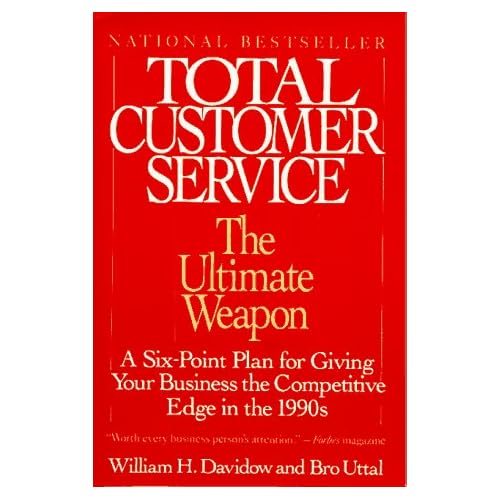Last spring I was feeling down about a new skill I was trying to develop. I was beating myself up for not having learned this skill when I was young, as I figured most people would normally do. After an in-depth discussion with a friend about my frustration I was feeling better and decided to tweet a thought to serve as a reminder to myself (and to actually use Twitter). It said, "Don't let a late start keep U from enjoying the
journey. So U didn't start when U were young, big deal. You're going now. Enjoy
the ride. "
I still get those feelings of disappointment and have to continually remind myself that it's OK to be a beginner. Better to start now and do the best I can rather than be 10 years older and regret not having started 10 years ago. Plus, I don't have to play catch-up. Those feelings I have of being 30+ years behind - it's all in my head. I am where I am. If I keep at it for another year I'll be another year along and hopefully another year better. I gotta enjoy the ride . . . and some rides aren't easy.
So what do you want to try? What's keeping you from taking a chance? I took Walt Disney's advice: "The way to get started is to quit talking and
begin doing.” Whether it's in your personal life or your work life, give it a shot and don't live with the old adage: “For all sad words of tongue and pen, The saddest are these,
'It might have been'” – John Greenleaf Whittier.
“Anyone
who has never made a mistake has never tried anything new.”
Albert Einstein
Albert Einstein
“If
we did all the things we are capable of, we would literally astound ourselves.”
Thomas A. Edison
Thomas A. Edison
“One
of the greatest discoveries a man makes, one of his great surprises, is to find
he can do what he was afraid he couldn't do.”
Henry Ford
Henry Ford
“We
would accomplish many more things if we did not think of them as impossible.”
Vince Lombardi
Vince Lombardi
“If
you shoot for the stars and hit the moon, it's OK. But you've got to shoot for
something. A lot of people don't even shoot.”
Confucius
Confucius
“The limits of the mind are often mistaken to be the limits
of the world.”
Immanuel Kant
"If we never took a risk our children would not learn to walk, climb
stairs, ride a bicycle or swim; businesses would not develop innovative new
products, move into new markets and create wealth for all; scientists would not
experiment and discover; we would not have great art, literature, music and
architecture."
Sir
Digby Jones
"Far
better it is to dare mighty things, to win glorious triumphs, even though
checkered by failure ... than to rank with those poor spirits who neither enjoy
much nor suffer much, because they live in a grey twilight that knows not
victory nor defeat."
Nelson Mandela
"Man cannot discover new oceans unless he has
the courage to lose sight of the shore."
Andre' Gide
Andre' Gide
“I'd rather regret the things I've done than regret the things I haven't done.”
Lucille Ball
"When
you're curious, you find lots of interesting things to do. And one thing it takes
to accomplish something is courage.”
Walt Disney“You've got to go out on a limb sometimes because that's where the fruit is.”
Will Rogers
“After all
these years, I am still involved in the process of self-discovery. It's better to explore life and make mistakes
than to play it safe. Mistakes are part
of the dues one pays for a full life.”
Sophia Loren
Sophia Loren




